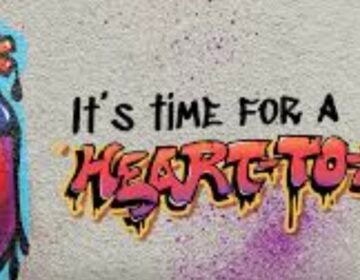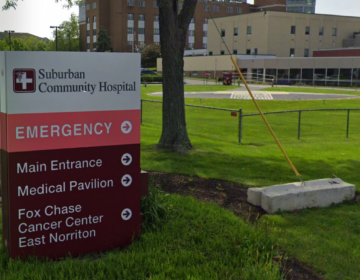Clergy members learn how to respond to trauma
Members of the clergy console when tragedy strikes, offer guidance in tough situations, and hear people confess past troubles. A workshop in Philadelphia introduced them to the latest research on addressing traumatic events most effectively in their work. Reverend Jay Broadnax of Mount Pisgah AME Church in West Philadelphia says he is constantly trying to help people cope with trauma.
“I have got members in my congregation who have family members, children, who have been killed, people who are in abusive relationships,” said Broadnax.
Pastor John Hougen from St. John’s Lutheran Church in Melrose Park Pennsylvania echoes that sentiment.
“Behind every story is a person that most often includes some kid of difficulty that is masked,” said Hougen, “but sometimes will be shared in a place of trust like a church.”
What helps people process traumatic events in a healing, constructive way? What are the signs of post-traumatic stress? 200 clergy members and religious leaders studied the latest research during this day-long training. It was put together by Zones of Peace, an initiative of the Religious Leaders Council of Greater Philadelphia in partnership with Drexel University’s School of Public Health.
Drexel University’s Sandra Bloom, a trauma expert, led the workshop. She says that religious leaders are often first responders in traumatic situations, and need to know how to react to make a bad situation better.
She adds that clergy members are not just important partners in treating and addressing trauma, they can also spread important messages on preventing trauma such as child abuse. The workshop also offered resources when referring people for mental health services.
WHYY is your source for fact-based, in-depth journalism and information. As a nonprofit organization, we rely on financial support from readers like you. Please give today.




